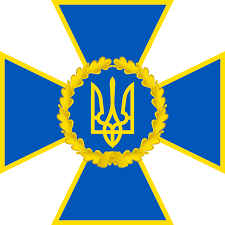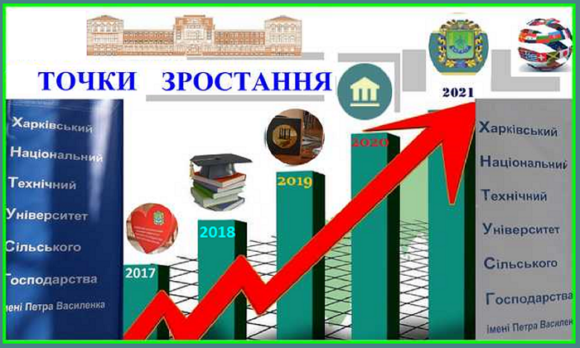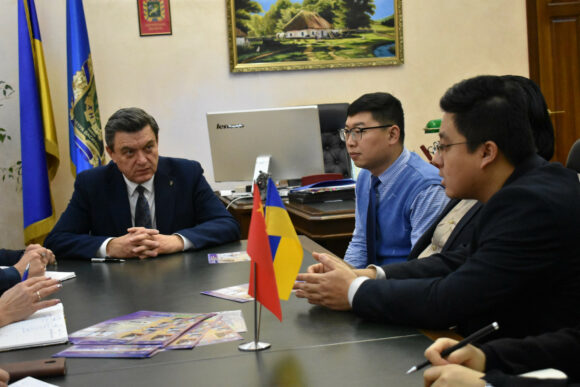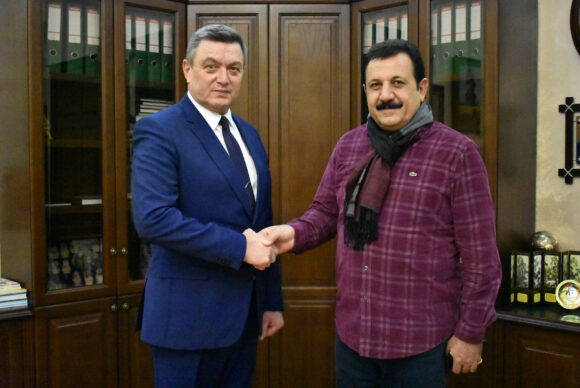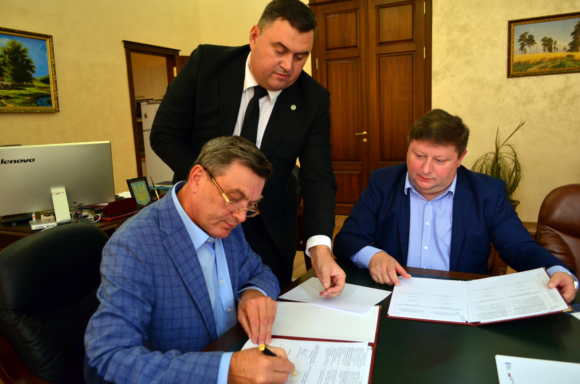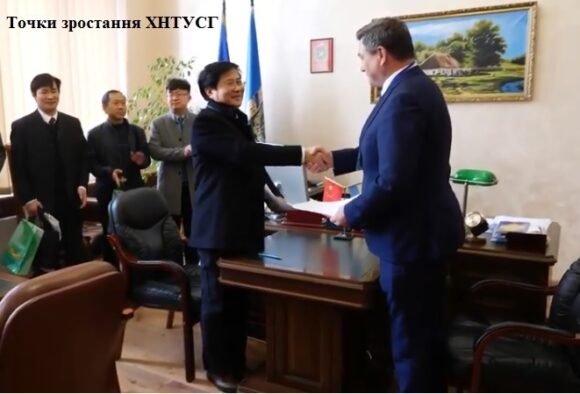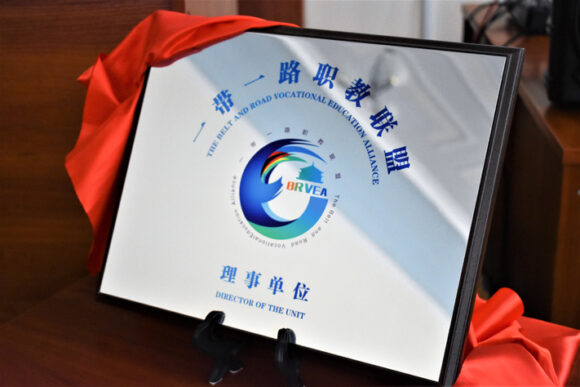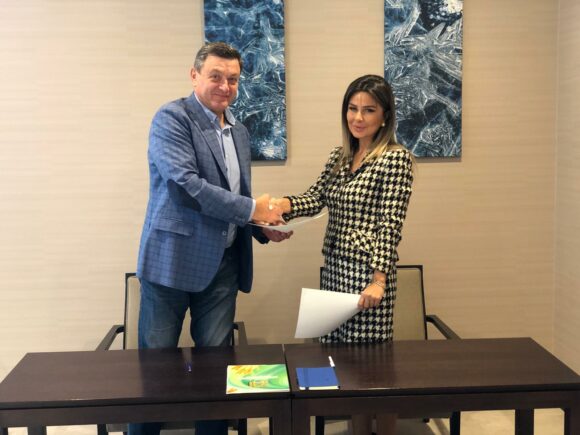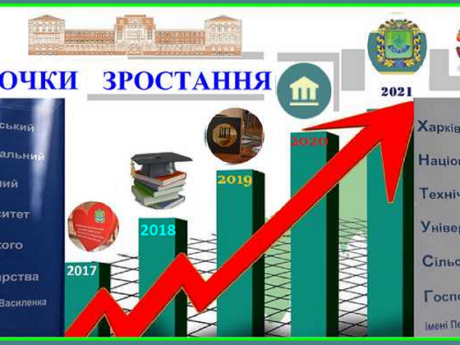The Department of Media Communications presents a new section “Growth Points”, in which we will talk about how our university has changed in recent years, what achievements it can be proud of, and what are the prospects for successful development and strengthening of its position in education.
In the context of dynamic changes that occur in almost all spheres of life, as well as increasing competition in the market of educational services, it is very important to realistically assess their potential and identify growth points for the coming years. Strictly speaking, such points were mainly identified in 2017, when the Development Strategy of the Kharkiv Petro Vasylenko National Technical University of Agriculture for the period up to 2021 was developed. But time does not standstill. Much has changed since then and life has made significant adjustments to this Strategy.
The staff of our university has worthily met the challenges of time and managed to ensure the appropriate level of the educational process. Last year, under unprecedented conditions of quarantine restrictions, the Admissions Committee and the Directorates of ESIs and FTSL managed to conduct an organized and high-quality admission campaign, which allowed hundreds of entrants to exercise their right to higher education. Moreover, recently, this right is increasingly used by foreign citizens who choose to obtain higher education KNTUA, which indicates the popularity of our university.
Only in 2020, 49 foreign citizens successfully completed their studies and obtained a bachelor’s degree (in 2019 – 43 people). During this time, 101 people graduated from the preparatory department of KhNTUA, two of whom received a certificate of graduation with honors. Currently, 300 foreign students from 21 countries study at our university, but career guidance work among foreign citizens and interested organizations continue. To this end, KhNTUA actively works with business entities and education departments of the Embassies of Turkmenistan, Uzbekistan, Morocco, Turkey, Algeria, and China. The recent visit of the delegation of our university to the Republic of Turkey once again confirmed that foreign partners have a great interest in cooperation with our university, which is one of the best agricultural institutions of higher education in Ukraine. And this gives a good chance to KhNTUA to expand the range of educational services, as well as agreements on international cooperation and programs, including Horizon 2020, Erasmus +, and others.
It will be recalled that last year alone our rector signed cooperation agreements with 20 foreign institutions of higher education, and teachers and students of the university took part in more than 30 international scientific and practical conferences. In addition, in 2020, almost 200 students were able to undergo study and internships abroad in countries such as the United States, Norway, Canada, Switzerland, Germany, Poland, Sweden, Denmark, and others.
Particular attention is paid to the development of academic mobility through internships of our teachers and graduate students abroad. Thus, in 2020, more than 50 teachers of our university underwent internships at universities in Poland (31 people), Bulgaria (10 people), Germany (3 people), Slovakia (2 people), and China (2 people). In general, currently, the Kharkiv Petro Vasylenko National Technical University of Agriculture cooperates with higher education institutions of 20 countries. The KNTUA team is rightly proud of the fact that the university is a signatory to the Grand Charter of the world’s universities, which includes more than 700 of the best universities, a member of the European Association of Agricultural Universities, and the International Alliance of Agricultural Education.
Thus, in recent years, the development of international cooperation of our university is aimed at integrating higher technical agricultural education into the European educational space. We remain open to the whole world, but, first of all, we focus on Ukrainian students and the domestic labor market.
Media Communications Department

